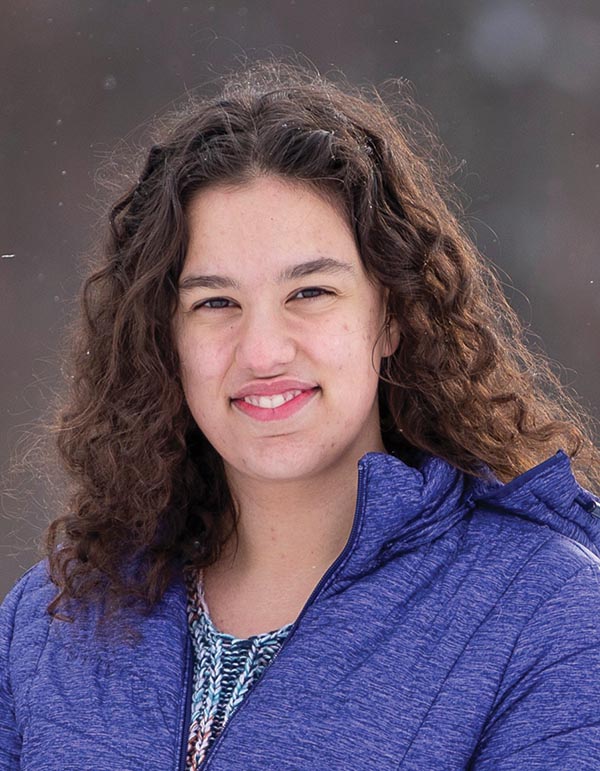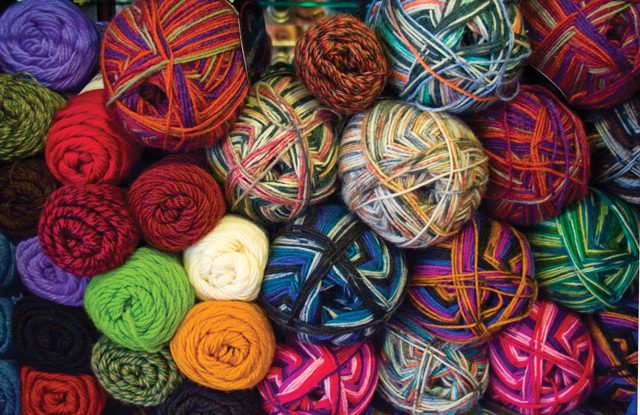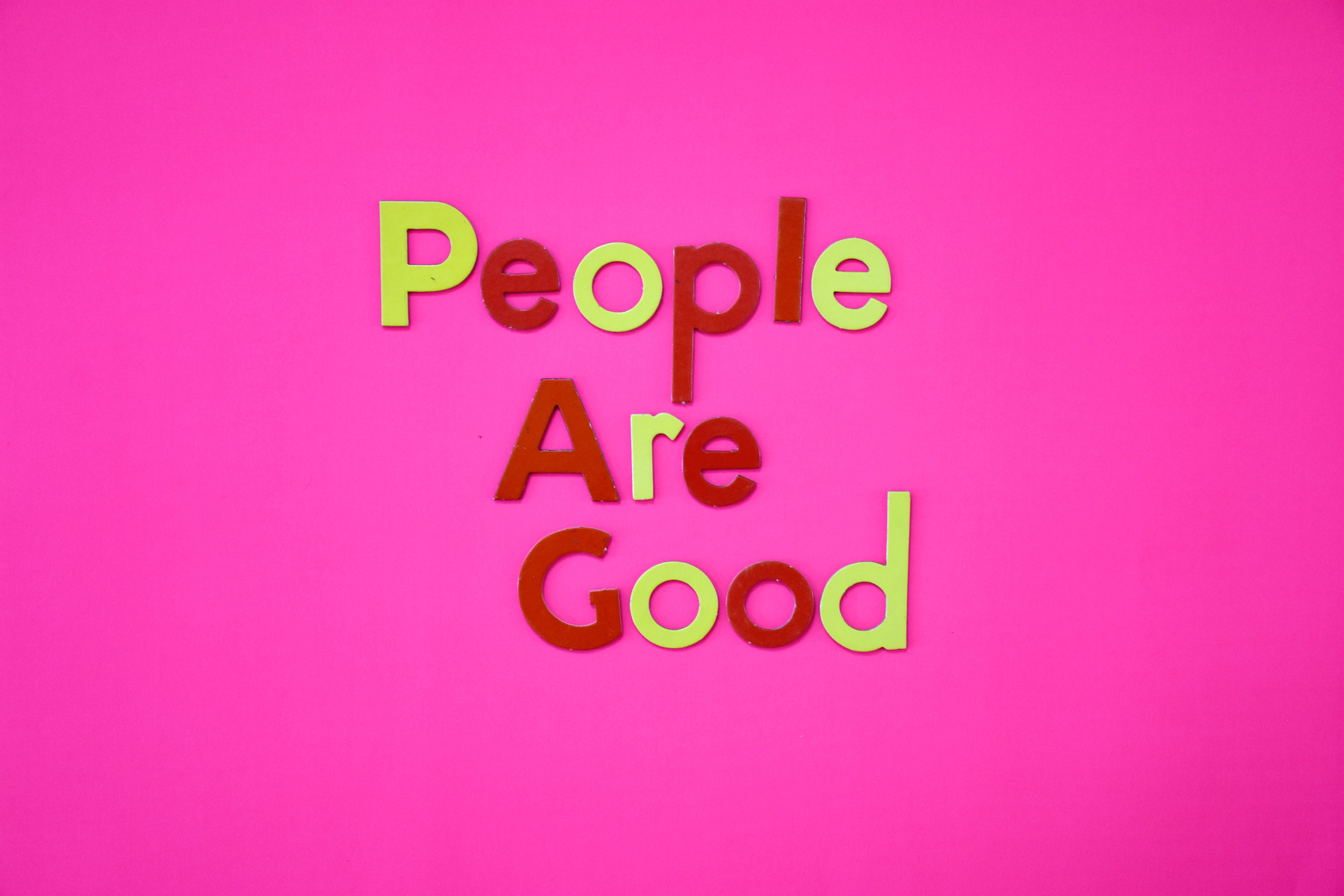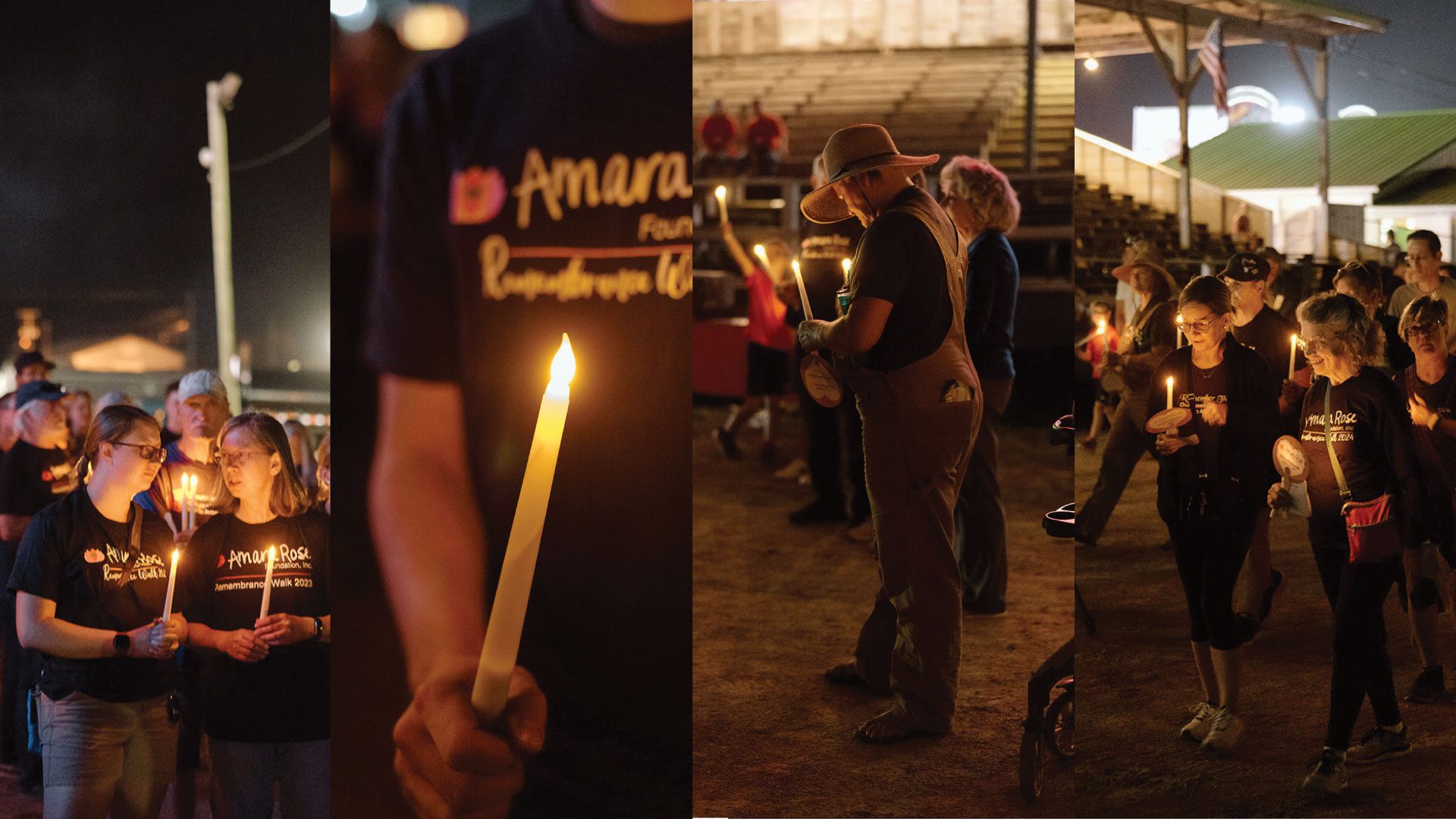A Helping Paw at Postville Schools
When words fail, what can take their place? For the Postville Community School District, the answer is therapy dogs.
Mental health concerns, such as anxiety and depression, continue to rise world-wide, especially among younger generations. This means that schools are dealing with far more issues and concerns than ever before.
In Postville, Iowa, these issues have been stacked on top of the negative ripples caused by the Immigration and Customs Enforcement (ICE) raid of 2008. Considered one of the largest ICE workplace raids in history, the fallout continues to affect all generations.
Teachers often struggle to provide a solid education when the kids have so many needs, beyond academics, that aren’t taken into consideration by the traditional school system.
This is where Postville’s two new therapy dogs, Milo and Marshall, have stepped in. They offer a sense of safety and comfort that staff alone could not.
“There’s so much research to prove that animals are very helpful with kids regulating their emotions,”says Manon Bushman, Marshall’s owner and handler. “And I don’t think it’s any secret that our kiddos are struggling,”
“Therapy dogs are linked with several social-emotional benefits, including the calming effect,” Lindsay Salinas, Milo’s owner, adds. With the help of a therapy dogs’ presence, children can work through feelings on their own terms. Once calm, they are more likely to find a trusted adult to seek the help they need.
From Idea to Reality
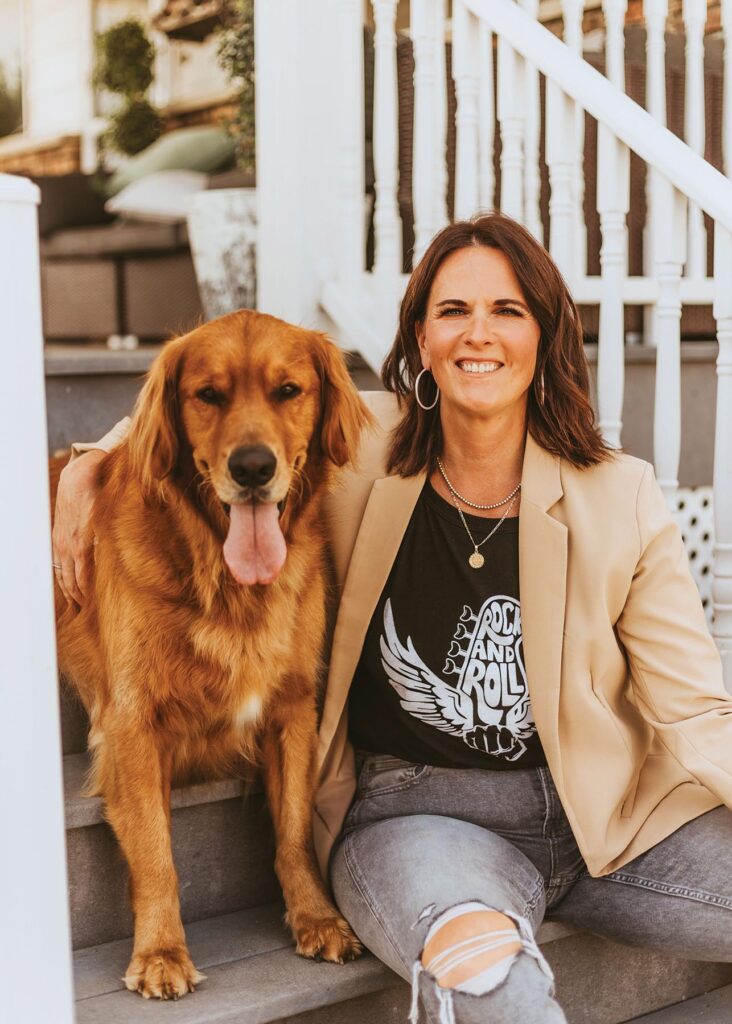
Marshall, a 100-pound “gentle giant” golden retriever, and his owner, Manon, then Postville’s elementary guidance counselor, were the driving force behind the initial creation of Postville’s therapy dog program in the fall of 2021.
Milo, a standard poodle, mostly black with a few white spots, was added to the program in March of 2023. He works with Lindsay in the school library.
Manon had observed the benefits of therapy dogs first-hand in her former role as the Success Coordinator in the South Winneshiek School District.
Together with the South Winn guidance counselors, Manon connected with Dr. Merrill of Critters and Such Pet Care in Decorah, Iowa, who had two certified therapy dogs of her own. They set up a volunteer therapy dog program one day per week that had great success.
“Sometimes we overlook the simple things that are necessary,” says Manon. “The dogs help create a warm, safe environment that is so beneficial when kids are struggling with big feelings and emotions.”
When Manon started as a guidance counselor at Postville in 2016, she thought therapy dogs would be a good fit there as well.
“I think the whole structure of how our education system is right now needs a revamping. . . a lot of schools don’t necessarily create safe spaces for kids who have mental health issues or struggles,” she says. “Postville prioritizes social-emotional learning, and we just can’t have enough of that – kids learning to express their emotions in a way that they don’t feel judged.”
Luckily, therapy dogs were already written into school board policy. With superintendent approval, they were good to move on to the next step.
First up: Introducing the idea to parents and the larger school community. The goal was to answer as many questions and be as proactive as possible, in order to generate interest in the program and answer any potential concerns.
Much to Manon’s surprise, the resistance was minimal. Plus, students were given the option to opt out if desired. Manon and the other staff wanted to make it clear that interaction with the dogs wouldn’t be forced on anyone; it would just be another available resource.
Next, Manon needed a certified therapy dog.
She heard Dr. Merrill was thinking about breeding her female therapy dog. Manon immediately “claimed” one, and Marshall joined Manon, her husband, and their three dogs in early summer 2019.
Marshall is just as much a farm dog as a therapy dog. He is very active, always wanting to play fetch with his favorite squeaky ball and expecting to be taken on exactly three walks per day. He also likes to be spoiled – one of his favorite pastimes is going for Jeep rides to get pup cups at the Culver’s or Dairy Queen drive-through.
At 10 weeks old, Marshall began his training process at the Good Dog Center in Decorah, Iowa, with basic obedience training, just like any other dog.
After that, the training to become a certified therapy animal becomes more specialized. The dogs must complete the rigorous American Kennel Club’s Canine Good Citizen training program and pass the subsequent test, successfully performing skills such as sitting politely for petting, walking through a crowd, and properly reacting to distractions. Before becoming fully certified, therapy dogs need to be at least one year old.
After certification, the dogs and their handlers undergo a yearly review process in order to keep their official license.
Expanding the Program
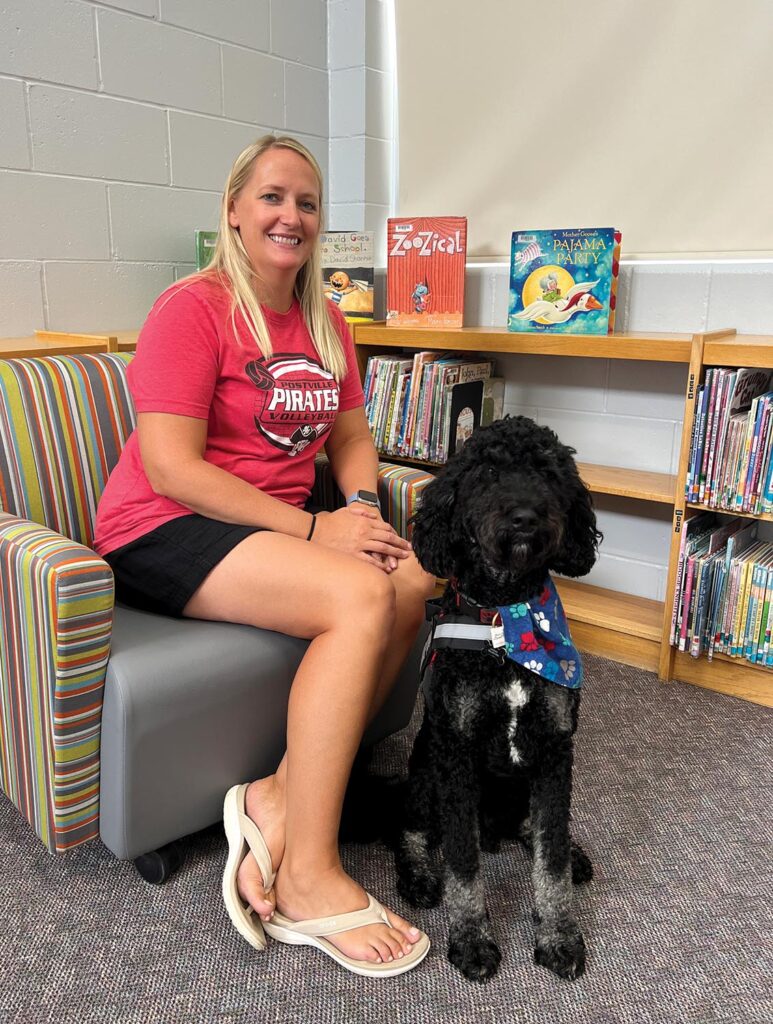
Lindsay Salinas began working at the Postville School District in 2010, first as a title-1 teacher, then the K-12 Tech Integrationist – something she still helps with – and in 2022, Lindsay took on her new role as Teacher Librarian in the school library.
Although the library serves the entire K-12 school, it is located in the elementary building. This can cause some disinterest from middle and high school students, since it isn’t convenient or part of their daily routine.
“I would think, what can we do to make more kids want to be in the library?” says Lindsay. “It is the heart of the school, and we really wanted to make it more inviting.”
Lindsay saw how successful Marshall and Manon’s first year of the program was, and was inspired by the positive response from students.
She reached out to Ann of Wild Paw Doodles in Postville in the Spring of 2022, and started learning what it would take to get a therapy dog of her own. She chose a poodle, since they are more hypoallergenic, and when Milo’s litter was born, they picked him over all their other puppies, saying he had the perfect temperament for the job. Milo came to live with his new family – Lindsay, her husband, two kids, and their four other dogs – at 10 weeks old.
Milo loves going for walks, checking out new friends, and soliciting pats from as many people as he can. One of his special traits is being able to intuitively tell exactly when someone needs them. While he comforts you, he also likes to make his own demands, pawing you until you’ll agree to hold his paw while he rests his head in your lap.
After completing his training at the Good Dog Center, just like Marshall, Milo received his therapy dog certificate and began working in the library.
There was some uncertainty around how the kids would react to a new dog, especially since he’d be available to the entire student body, but the option to opt out is always available.
“There have actually been several students who, at first, chose to opt-out of the program and not interact with the dogs, that have later been won over,” says Lindsay. “Kids who maybe had a traumatic experience or feel nervous around dogs will talk to him from a distance and enjoy his presence, even if they don’t want him to get too close.”
Over the past year, Lindsay has implemented many activities to make the library more attractive: a lego wall, a puzzle table, periodic school-wide events and contests. So far, Milo has been the biggest draw.
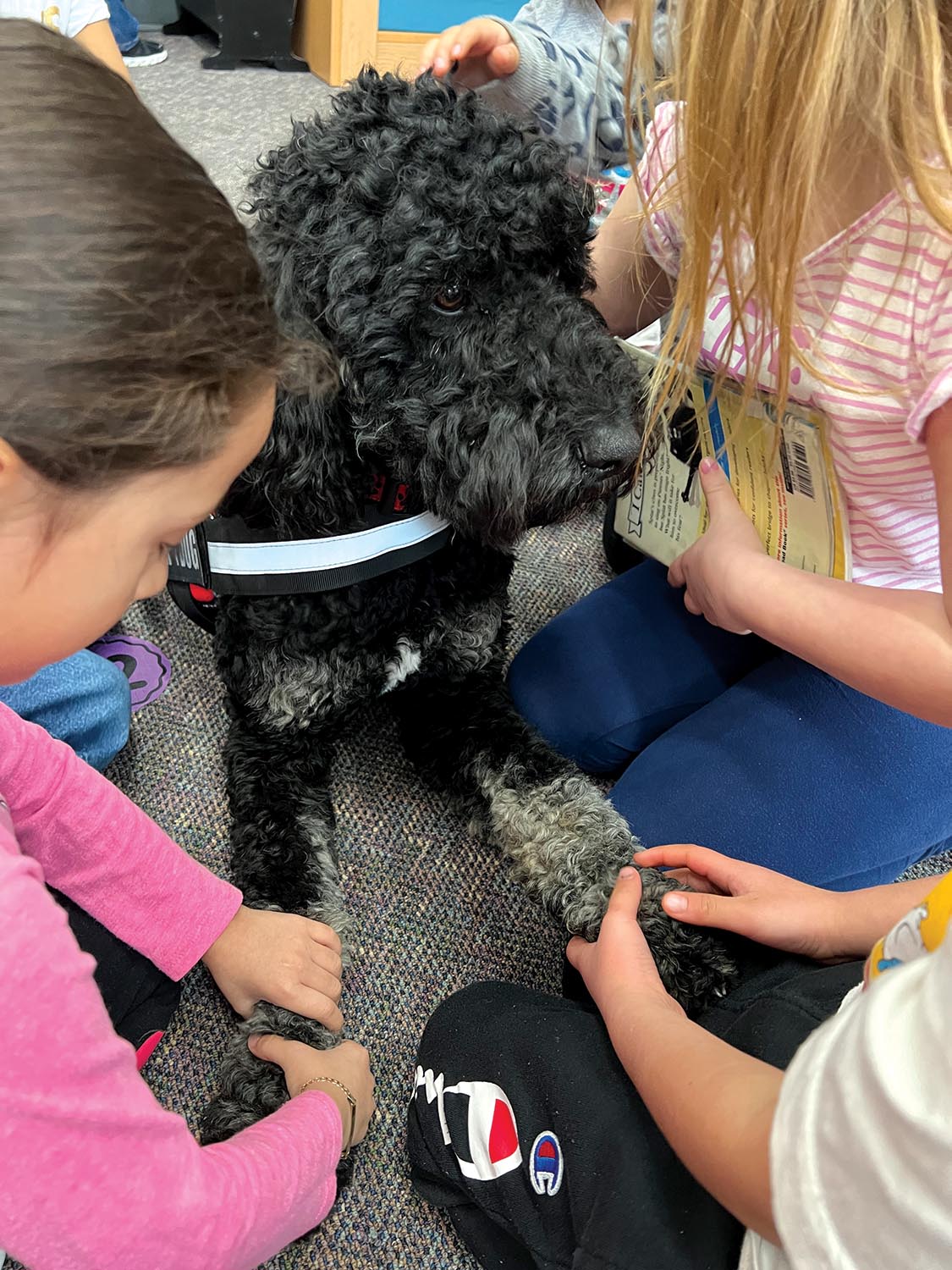
Now, kids get excited to come see Milo, and subsequently get exposed to the other benefits of the library. One big side effect that Lindsay has noticed is how Milo provides common ground for kids to connect. The library has become a space where kids from all grades and backgrounds are able to come together, forging a stronger, safer school community.
Milo’s position in the school ensures that all students have access to these helpful resources.
“Though Milo’s main role is in the library, he will sometimes visit the middle and high schools as well,” says Lindsay. “When I’m called to a classroom for a tech-related reason, Milo will come with. . . sometimes I’ll even get a call from a teacher, asking if I can bring him by to help a specific student.”
Although one might think these types of classroom visits would be distracting, they really aren’t.
“The whole class will smile when they see him, but it is never really disruptive,” Lindsay says. “He just offers this calmness and bright spot in the students’ days, and they continue class with renewed energy.”
Benefits for All
The dogs aren’t only benefiting the students, either. Manon smiles as she recalls one of her favorite stories.
“Teaching. . . education is not an easy profession,” she says. “We have had some of the coolest interactions with staff. One of the lunch ladies calls herself Marshall’s grandma, and we’ve built this whole relationship and connection point that wouldn’t have existed without him.”
Manon and Lindsay are hopeful that the groundwork they laid down in these first years of the therapy dog program will be built upon to serve as many people as possible. The two seasoned educators are always searching for new, effective ways to support students and boost learning, and both agree it would be great to see another dog join the program in the future – one that could be more involved in the high school.
“For the High School kids it is almost more important. . . they tend to be more closed off with adults and the dogs have really helped with that,” says Manon, whose role in the Postville school district will look much different starting with the 2023-24 academic year.
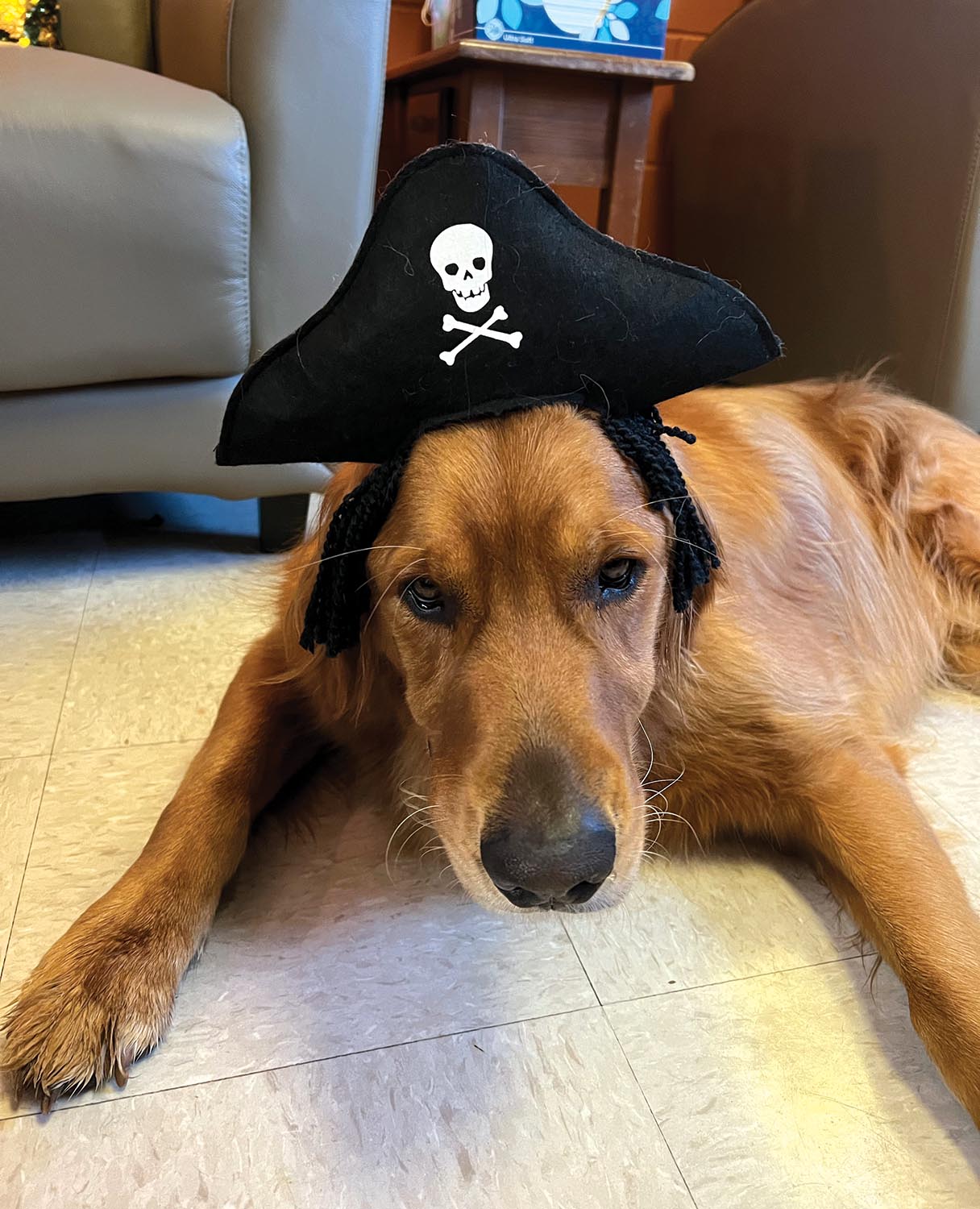
“I am shifting out of education and into the mental health field,” she says. Marshall and Manon will return to Postville one day per week, this time as private mental health providers. In this new position, Manon and Marshall will be able to offer more specialized and long term care, both to students and other clients.
“There needs to be more of these services in place beyond the scope of school counselors, who are trained to manage behaviors short term. Mental health providers are trained to work on long term healing and coping skills,” Manon explains. “Those outside supports in school make success more likely.”
Although it is difficult to quantify a measure of overall well-being, it is clear that Marshall and Milo have been a huge force for building community and making school a safer, more welcoming space for the students. Both Manon and Lindsay have heard repeatedly from students that the thought of seeing one of the dogs made them excited to come to school on days that they otherwise might not have.
“The dogs can communicate with and comfort the kids in such a special way,” says Lindsay. “Their connection transcends what we, as teachers, are able to do with our words and conversations. Sometimes we just don’t know what else to do.”
